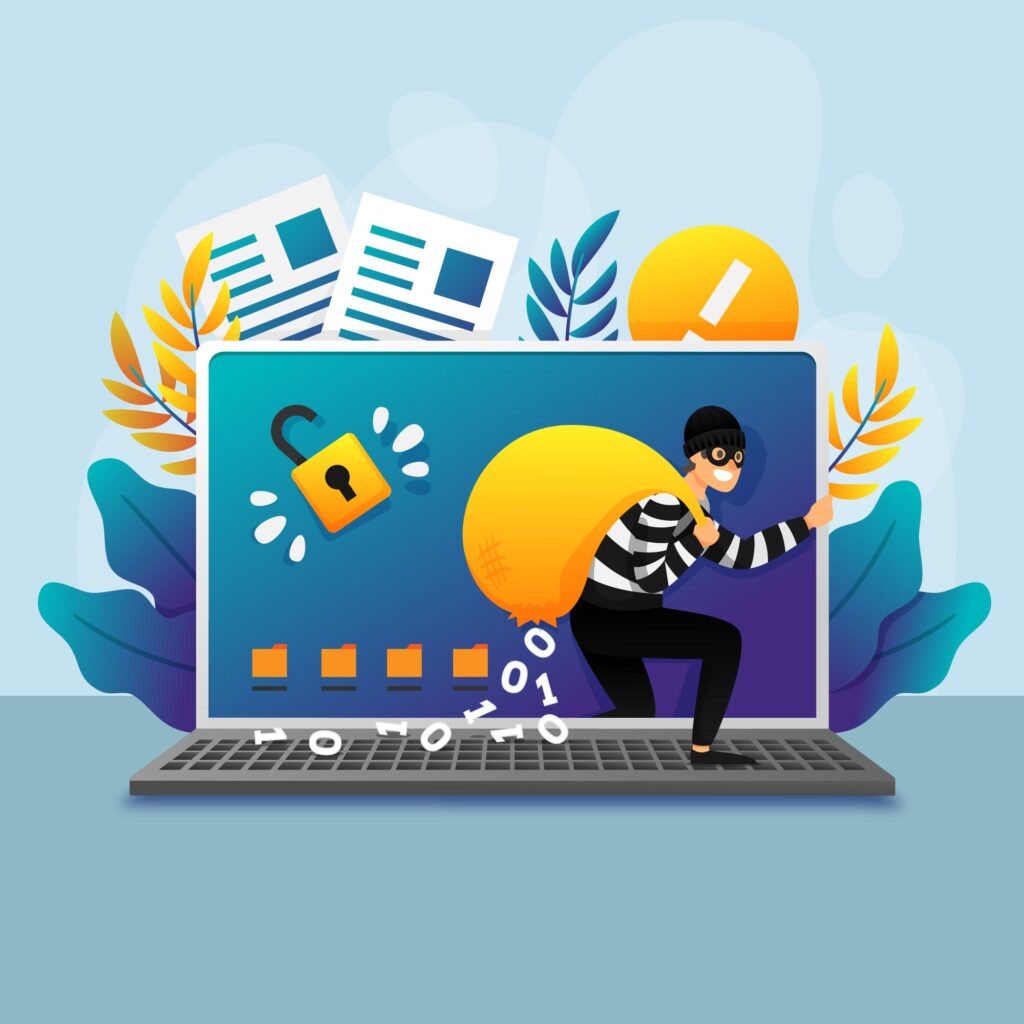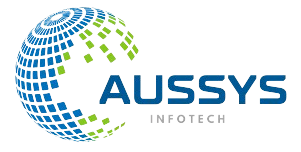Best Cybersecurity Practices for Staying Safe Online
The Scope and Importance of Cybersecurity
Cybersecurity refers to the measures used to protect digital systems, networks, and data from cyber threats. In Australia, businesses and individuals face increasing cyber risks, with cybercrime costing billions of dollars annually. Protecting sensitive information is not just a necessity for businesses but also crucial for individuals who use the internet daily.
Strong Cybersecurity solutions in Australia prevent financial fraud, guard confidential information, and secure trust in online transactions. As a consumer locking up your personal data or a company protecting customer data, taking good cybersecurity practices is paramount to online security.
Top Cybersecurity Practices to Adopt
Use Strong and Unique Passwords
A robust password is the front line against online attacks. Steer clear of easily compromised passwords such as “123456” or “password.” Make intricate and unusual passwords with a combination of letters in both capital and small case, numbers, and special characters. Use a passphrase—several unrelated words that are jumbled together—to provide added security. For additional protection, never recycle passwords across accounts. By employing a password manager, multiple passwords can be stored and controlled safely.
Enable Multi-Factor Authentication (MFA)
Multi-Factor Authentication (MFA) provides an additional layer of security for online accounts by requiring a secondary level of verification, like a one-time password (OTP) to your mobile phone. Unless cybercriminals also get your mobile phone to obtain the second authentication factor, even if they know your password, MFA prevents them from accessing your account. The majority of financial institutions, government agencies, and online stores in Australia have MFA support. Installing it on all core accounts greatly lowers the chances of unauthorized access.
Update Software and Devices
Many hackers target weak points in old software. Maintaining your operating system, programs, and security software up to date ensures that your devices are guarded by the most recent security patches. Most cyberattacks, such as ransomware, exploit vulnerabilities in unpatched systems. Activating automatic updates keeps your software updated without the need for intervention.
Watch Out for Phishing Attacks
Phishing schemes deceive users into exposing confidential data by way of forged emails, messages, or imitation websites. Such schemes present themselves in the guise of desperate requests from banks, governments, or internet-based merchants.
Regularly Back Up Important Data
Data loss may result from cyberattacks, accidental deletion, or hardware failure. Backing up critical files on a regular basis guarantees that you can restore data in the event of a breach. Keep backups safe on external drives or cloud storage services with robust encryption. Companies should also have automated backup systems to avoid data loss.

Cybersecurity in E-Commerce
E-commerce development process enormous amounts of customer data that is sensitive in nature, and thus are prime targets for cyberattacks. Implementing robust cybersecurity is extremely important for business concerns as well as consumers in Australia’s increasing business of online shopping.
For Business:
– Encrypt customer transactions through Secure Socket Layer (SSL).
– Install fraud detection software to track unusual activities.
– Keep customer data secure, after adhering to Australian data protection laws.
– Inform staff on cyber threats and secure practices.
For Consumers:
– Shop only from trusted websites with secure payment channels.
– Check URLs of websites before providing payment information to prevent fraudulent websites.
– Pay by credit card or secure payment platforms instead of debit cards.
– Periodically review bank statements for suspicious transactions.
Cybersecurity in Other Online Platforms
Cybersecurity goes beyond e-commerce. There are several online platforms that need good
security features:
– Social Media – Avoid posting personal information. Modify privacy settings to restrict who can view your data.
– Online Banking – Utilize official banking apps and activate security notifications for account transactions.
– Cloud Storage Services – Encrypt sensitive data prior to uploading and utilize services with robust security policies.
Conclusion
Cybersecurity is a shared responsibility, and staying safe online requires vigilance. By adopting best practices such as using strong passwords, enabling multi-factor authentication, keeping software up-to-date, and being wary of scams, Australians can substantially lower their risk of cyber threats. For businesses, cybersecurity has to be their priority in protecting the data of their customers, preventing non-compliance with Australian regulations, and maintaining trust within the digital economy. With continuous evolutions of cyber threats, having proactive security controls will allow people and enterprises to safely and securely navigate the Internet.

